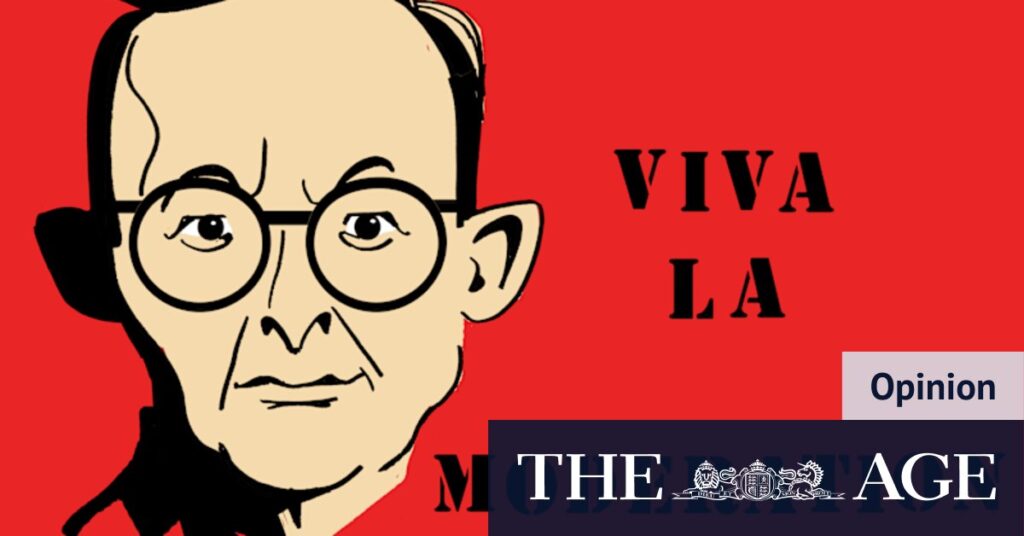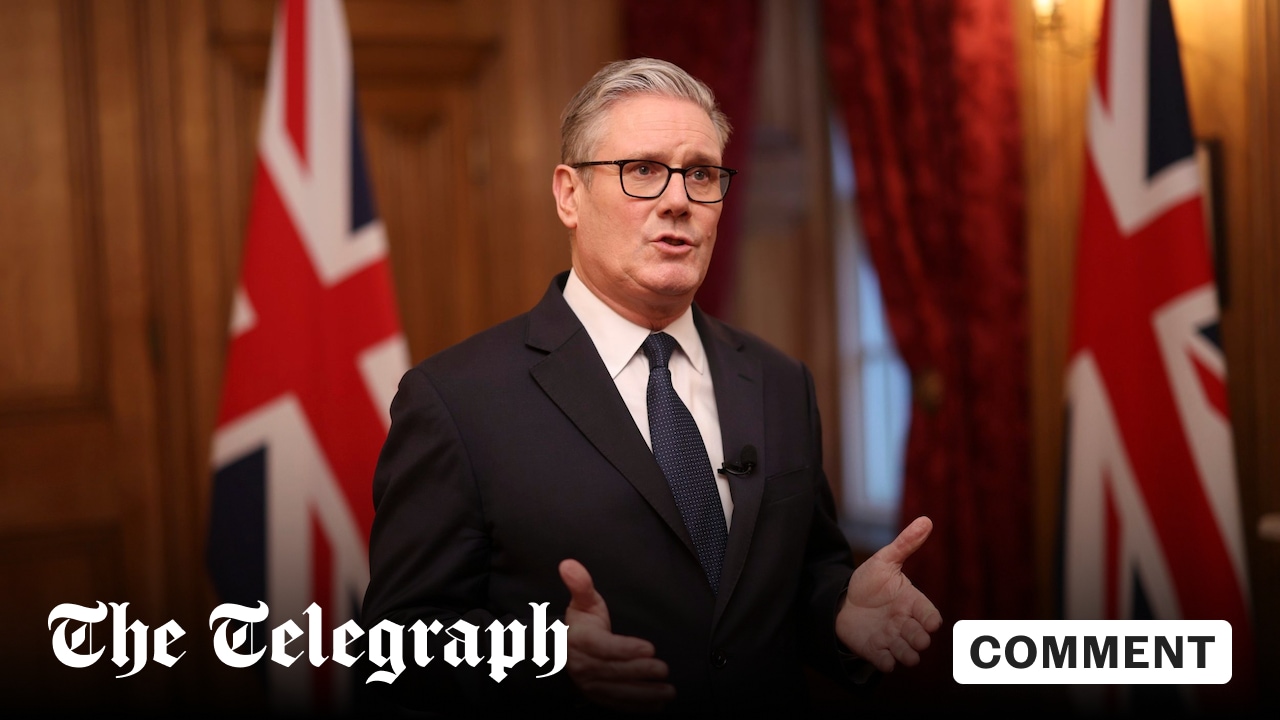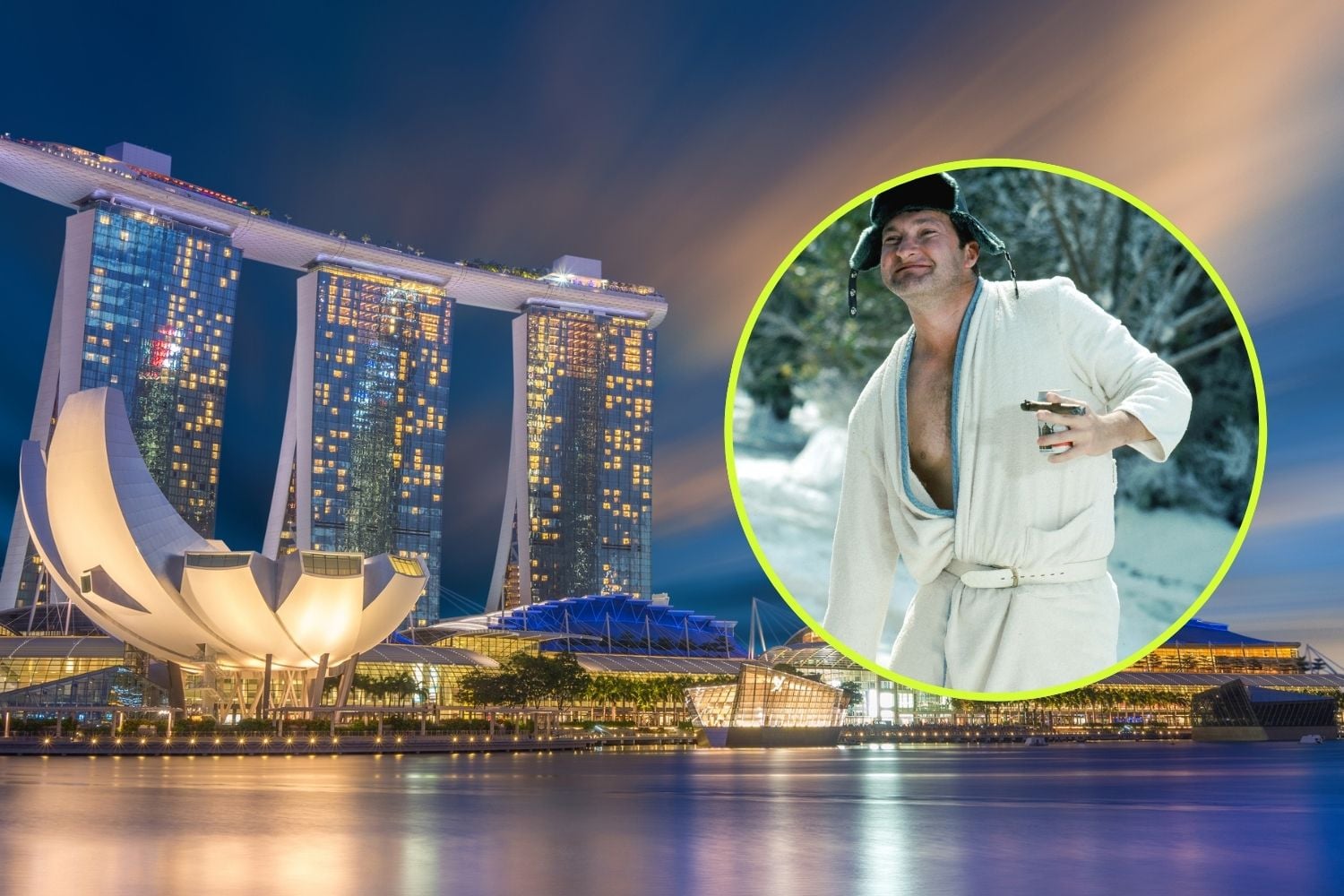
As rallies such as the March for Australia, where neo-Nazis have visibly participated, gain attention, the rise of the sovereign citizen movement and vigils for figures like the assassinated MAGA provocateur Charlie Kirk highlight a growing concern. Yet, despite these developments and a surge in polls for One Nation, Australia seems to resist the far-right wave sweeping across the US and Europe.
Upon returning from the United States four years ago, I found myself in a quarantine hotel, awakened by the sounds of an anti-lockdown protest. This moment marked the beginning of my observations on the Americanisation of Australian public life. However, recent months have not deepened my fears that Australia is destined to follow the same path as the US, Britain, or France. Instead, the unique aspects of Australian democracy and culture appear to provide a buffer against such shifts.
The Australian Political Landscape
While figures like Sussan Ley face pressure from the right, and slogans like Andrew Hastie’s “Australians First” echo nationalist sentiments, the 2025 federal election revealed a preference for a distinctly Australian prime minister over a hard-right opposition leader. Theatrics akin to Trumpism have not garnered significant electoral appeal, particularly among women voters.
Compulsory and preferential voting systems in Australia inherently steer politics towards the center, acting as safety valves against extremism. This was highlighted in the ABC Boyer lecture by US-based Australian academic Justin Wolfers, who praised Australia’s democratic institutions as “freaking amazing.”
Historical Context and Cultural Factors
Australia’s political history, including the rise of Pauline Hanson in the 1990s, has shaped its current landscape. Hanson’s initial success was met with bipartisan efforts to address immigration concerns, which have since tempered the rise of xenophobic politics. Despite One Nation’s recent polling gains, they remain modest compared to far-right movements in other countries.
Australia’s political culture is characterized by a healthy skepticism towards grandiose political figures, as evidenced by the public’s preference for less charismatic leaders. This cultural trait, along with the country’s urbanized population and the moderate political topography of regions like Sydney Harbour, limits the appeal of far-right populism.
Economic and Social Considerations
While Australia’s democratic model remains robust, economic challenges such as rising inequality and housing affordability present potential vulnerabilities. A recent survey by Monash University found that 62% of young Australians believe they will be worse off than their parents, indicating fertile ground for populist rhetoric.
However, the progressive shift among younger voters suggests a complex political landscape that resists simple populist solutions. The resilience of Australia’s social fabric, despite pressures from events like the COVID-19 pandemic and international conflicts, further supports this resistance.
Looking Forward
As Australia observes the political upheavals in the US and Europe, it remains vigilant but not immune to the global rise of anger-driven politics. Yet, the nation’s historical experiences and unique democratic features provide a strong foundation against such tides.
Nick Bryant, a former BBC correspondent and author, reflects on these dynamics in his book, “The Rise and Fall of Australia: How a Great Nation Lost Its Way.” His insights underscore the importance of understanding Australia’s past to navigate its future, reinforcing the notion that while challenges exist, Australia’s political and cultural resilience remains a formidable barrier against the far-right tide.






